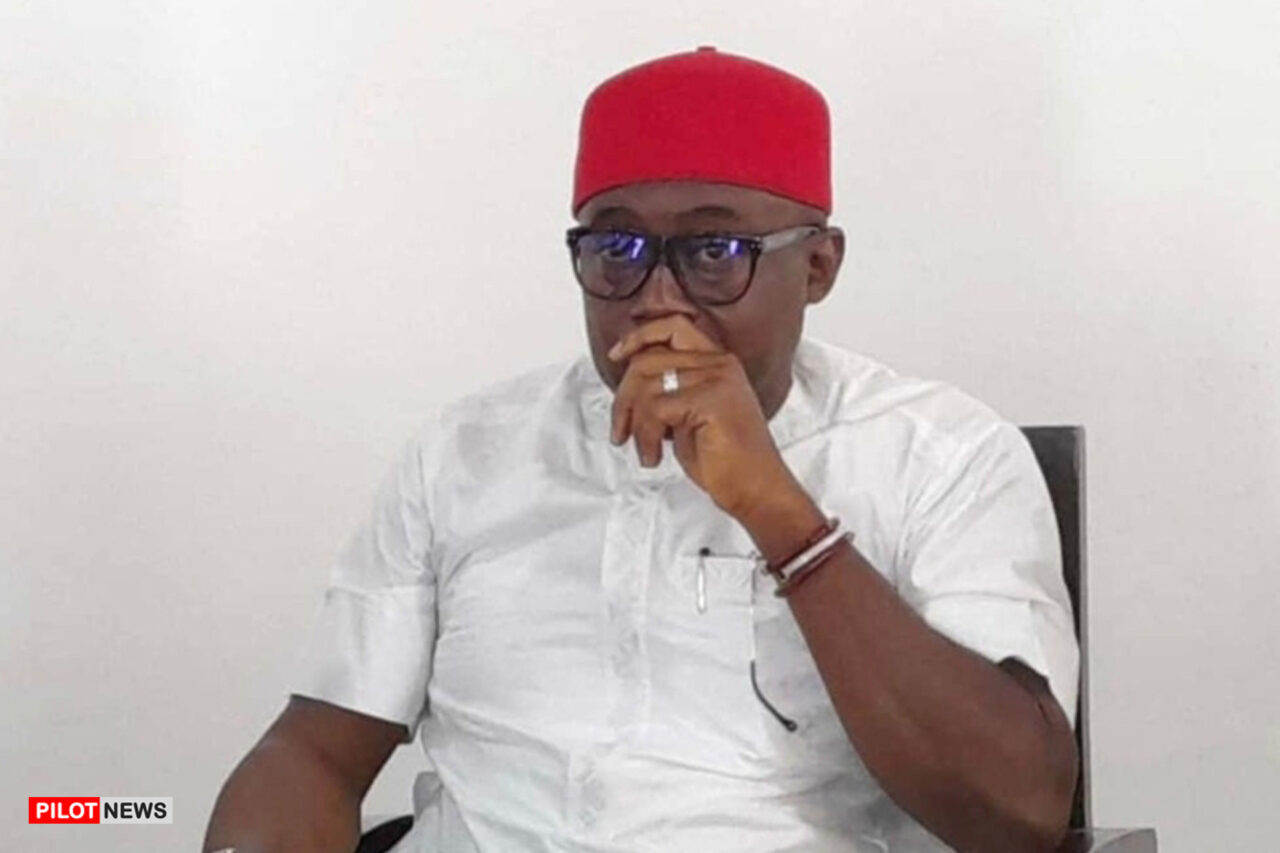Many reactions have followed the announcement of fuel subsidy removal by President Bola Tinubu on May 29 during his swearing-in as President of Federal Republic of Nigeria. Three weeks on, there is still ongoing debate as to whether the removal of fuel subsidy is justified or if it was not too early to be removed, among many other arguments on the subject matter. Some say that fuel subsidy is the only direct benefit of Nigerian masses from their government. Labour unions have as usual threatened strike action, which is now being resolved through a multi-level stakeholder engagement. Many who support fuel subsidy removal still added a caveat insisting that the President should have waited for a “perfect time”, but no one can say for sure when this perfect time would come.
However, Uzuegbuna Okagbue, ex banker, chief of protocol, and deputy chief of staff to former Anambra State governor Chief Willie Obiano, has said that the irony of the argument that fuel subsidy is Nigerian masses’ own benefit from the government is that, “fuel subsidy is actually for the rich”. Okagbue who bared his mind on the fuel subsidy debate in an exclusive interview with Ebuka Onyekwelu of the West African Pilot News said that the debate on fuel subsidy removal is essentially divided into two possibilities; one side arguing in favour of removal with the possibility of Nigerians having a new experience. The second part argues that the status quo is maintained with the possibility of continuing with the old burden. “Now, let me explain what I meant when I said that fuel subsidy is for the rich. Before now, the subsidy has been removed from diesel and kerosene. I can tell you that diesel and kerosene are the two most important petroleum products to Nigerian masses. Most average and less fortunate homes cook with kerosene stove. Even trucks and vehicles that convey goods and people around the country, from far distances, make use of diesel. Goods carried by the diesel-gulping vehicles are owned or hired by small or petty business people that sell food stuff like tomatoes, yams, etc., and other regular items in the market. These categories of Nigerians have more need for diesel than premium motor spirit –PMS”, Uzuegbuna said.
The import of this analogy, Okagbue continued, is that Nigerian masses have far less need for PMS than people seem to have realized. “Let me also tell you this; no filling station in the whole of Abuja Municipal sells kerosene. So throughout Abuja city centre, you can’t find a single filling station that sells kerosene. The reason is that those living within Abuja Municipal are of a certain socioeconomic standing and have no use for kerosene. So the filling stations can’t sell what customers around there have no use for. But when you leave the city to the outskirts, filling stations there sell kerosene because those living around the outskirts make use of kerosene. Our production industry long adjusted to subsidy removal on diesel or shut down”, Okagbue said.
“Another instance is that it is only the rich that drive big cars which consume a lot of Petrol or PMS. Rich people who drive big cars and who move with multiple vehicles at the same time are actually the ones benefiting from the continued fuel (PMS) subsidy, not an average Nigerian or a regular civil servant who drives a four-plug vehicle, with low fuel consumption or go to work daily paying increased fares to diesel powered transportation busses that have long been removed from subsidy list.
“What I am saying is that aside from the overwhelming fact that there are all kinds of corruption associated with the fuel subsidy regime, the biggest irony of existing fuel (PMS) subsidy which Mr. President just dealt a final blow is that it is not for the masses. Although the masses themselves erroneously think it is for them, however, currently removed fuel (PMS) subsidy serves the rich may be about 80% and then the others, about just 20%,” Uzuegbuna reiterated.
Apparently, Mr. President is determined to put the fuel subsidy regime behind. Already, Nigerians are adjusting to the new reality while awaiting reforms that will speed up the country’s economic fortunes, even as many count the gains of President Bola Tinubu’s three weeks old government and wonder if maybe, it is a new dawn. Time will tell.


